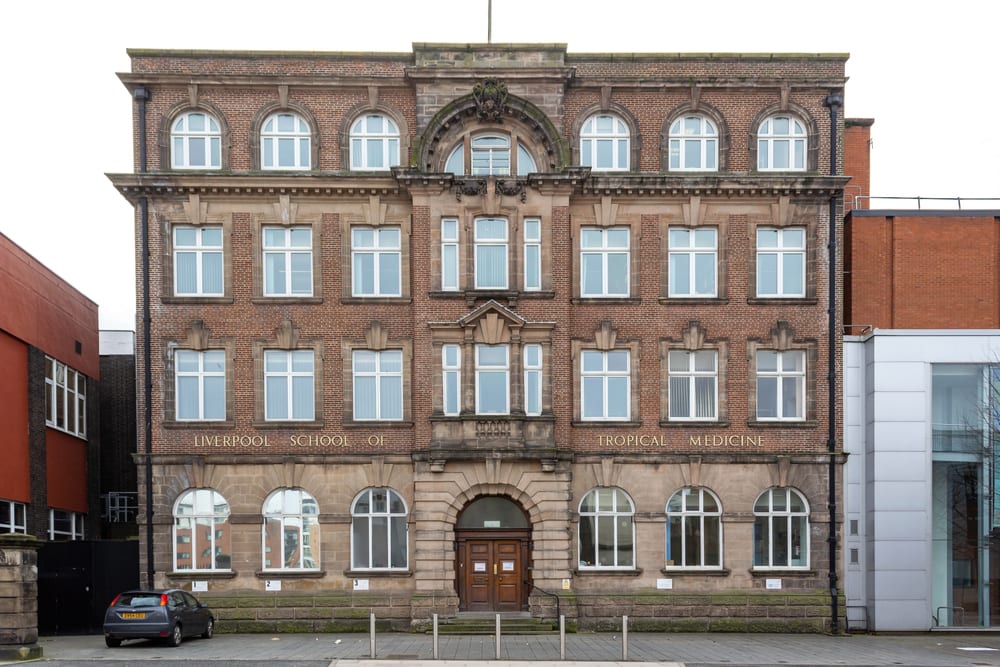
Coronavirus
The British Coronavirus vaccine has been hailed as “a vaccine for the world”
5 years ago
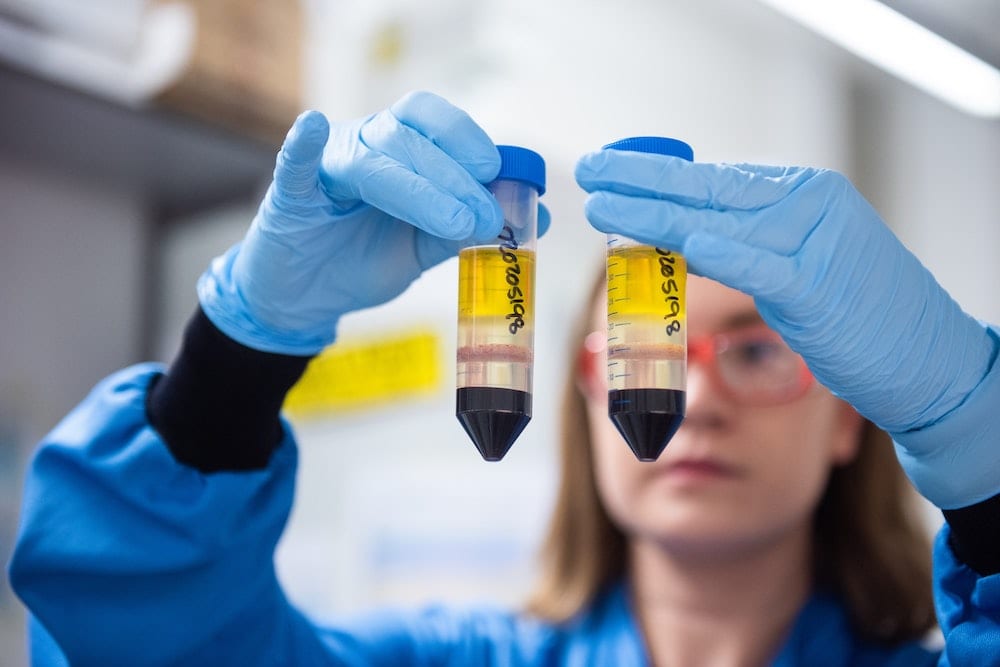
700 million doses of the British coronavirus vaccine developed by AstraZeneca and Oxford University could to be ready globally by the end of March.
The British coronavirus vaccine that has been developed has been hailed as a “vaccine for the world” by one of the experts behind it.
AstraZeneca and Oxford University reported that their British coronavirus vaccine was up to 90% effective in preventing the virus, with plans for 700 million doses to be ready globally by the end of March next year.
The vaccine’s supply chain and a “no-profit pledge” by the two partners means that if approved, the jab will be affordable and globally available, according to developers at the pharmaceutical company.
But while the data was welcomed worldwide, charities urged for collaboration between vaccine developers to ensure international demand is met.
Global charitable foundation Wellcome warned that at least two billion doses will be required to vaccinate high-risk populations around the world over the next year.
Responding to the results, Professor Andrew Pollard, director of the Oxford Vaccine Group, said Monday was “a very exciting day”.
“We have a vaccine for the world, because we’ve got a vaccine which is highly effective – it prevents severe disease and hospitalisation,” he said.
Speaking to reporters during a Science Media Centre briefing, Prof Pollard said the vaccine can be stored at fridge temperature.
Get the latest Coronavirus news here.
Compared to the minus 70C to minus 80C needed for the Pfizer and Moderna jabs, the AstraZeneca/Oxford vaccine can be transported and distributed more easily, and will be easier to store in lower-income countries.
Pascal Soriot, chief executive of AstraZeneca, said it marked an “important milestone” in the fight against the pandemic.
“This vaccine’s efficacy and safety confirm that it will be highly effective against Covid-19 and will have an immediate impact on this public health emergency,” he told the briefing.
“Furthermore, the vaccine’s simple supply chain and our no-profit pledge and commitment to broad, equitable and timely access means it will be affordable and globally available, supplying hundreds of millions of doses on approval.”
Pam Cheng, executive vice president of operations and information technology at AstraZeneca, said:
“Great progress” was being made with regard to the global supply chain.
AstraZeneca will have approaching 200 million doses by the end of this year, with more than 700 million doses globally by the end of the first quarter of 2021, she told the briefing.
Follow The Guide Liverpool on Twitter
“We plan to be supplying by the end of the year, with hundreds of millions of doses of vaccine supply in 2021 on a rolling basis, obviously pending regulatory approval,” she said.
“From the very beginning we wanted to have in place the capacity to manufacture a meaningful volume quickly so we could make a real difference in the fight against this pandemic.”
The head of vaccines at Wellcome called the preliminary results “hugely encouraging” and said having interim results from three vaccine teams within a year was “incredible”.
Dr Charlie Weller added:
“We need a range of vaccines, that can protect people of different ages and backgrounds wherever they live, and to be able to manufacture enough doses for the world.
“To meet the aim of vaccinating high-risk populations around the world over the next year, we need at least two billion vaccine doses.”
Oxfam’s health policy manager Anna Marriott urged for pharmaceutical companies to work together for a “people’s vaccine”.

“This is another breakthrough and while the results from the AstraZeneca/Oxford trial are slightly less promising than those from Pfizer and Moderna, they have pledged to do far more to make sure the vaccine reaches people in poorer countries,” she said.
“No one company is equipped to produce enough doses to meet the unprecedented global demand on their own.
“All pharmaceutical companies should work together for a people’s vaccine by urgently transferring their technology and know-how, in order for everyone in the world to have access to a safe and effective vaccine.”




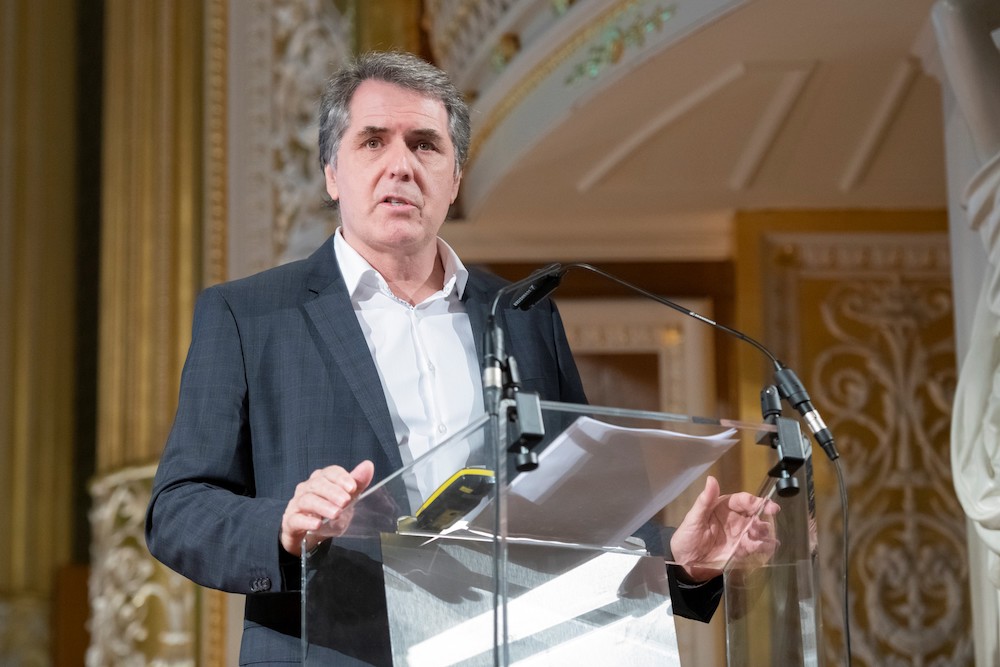
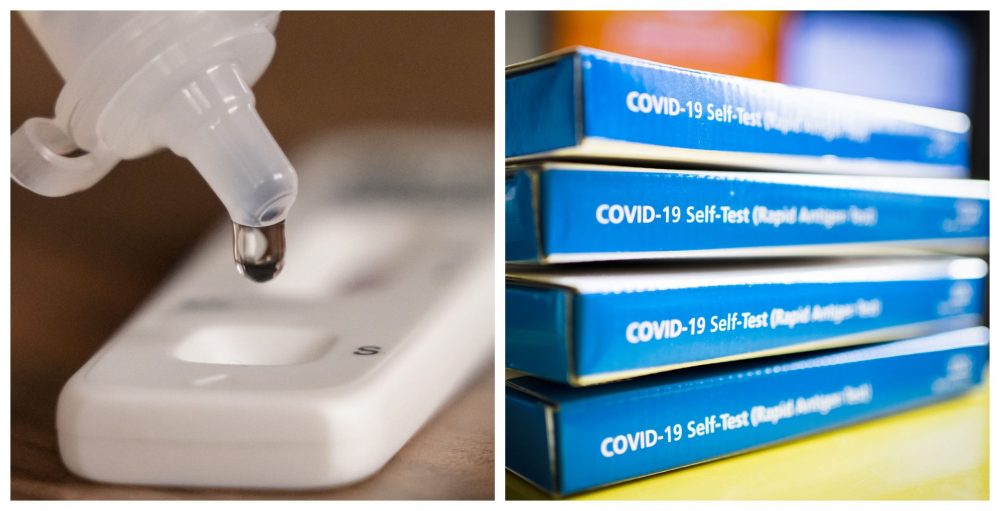
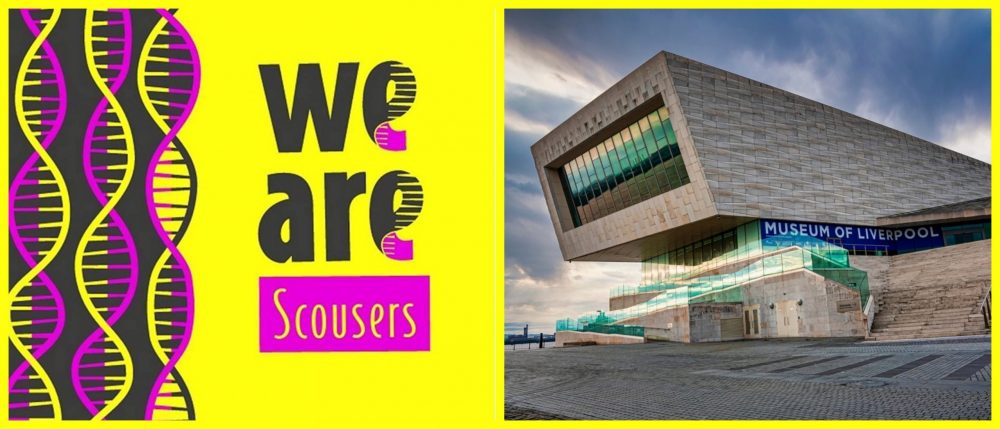

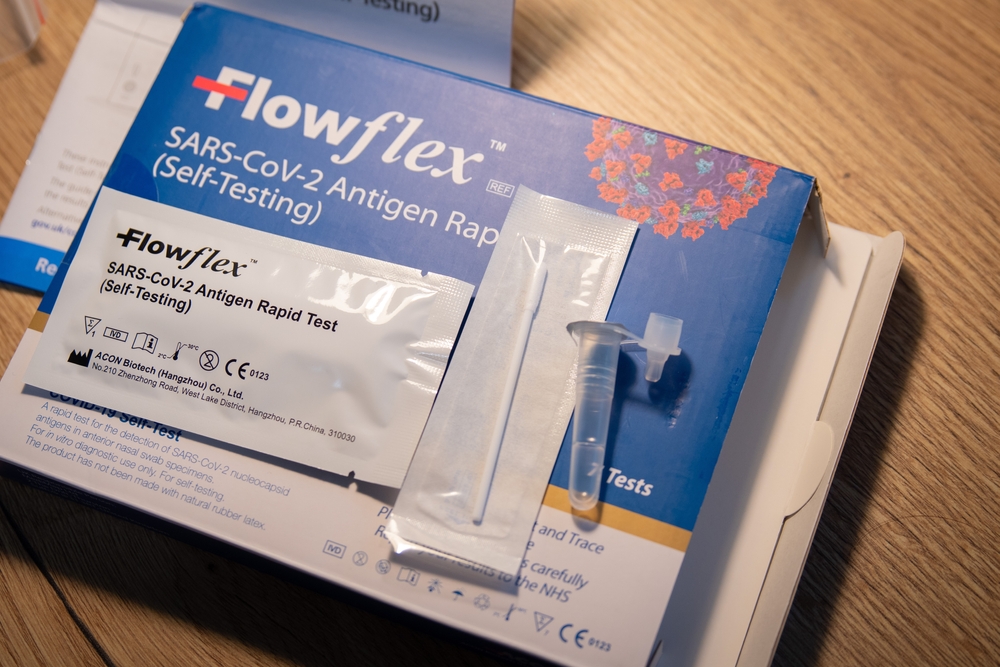
 Subscribe
Subscribe Follow Us
Follow Us Follow Us
Follow Us Follow Us
Follow Us Follow Us
Follow Us Follow Us
Follow Us











